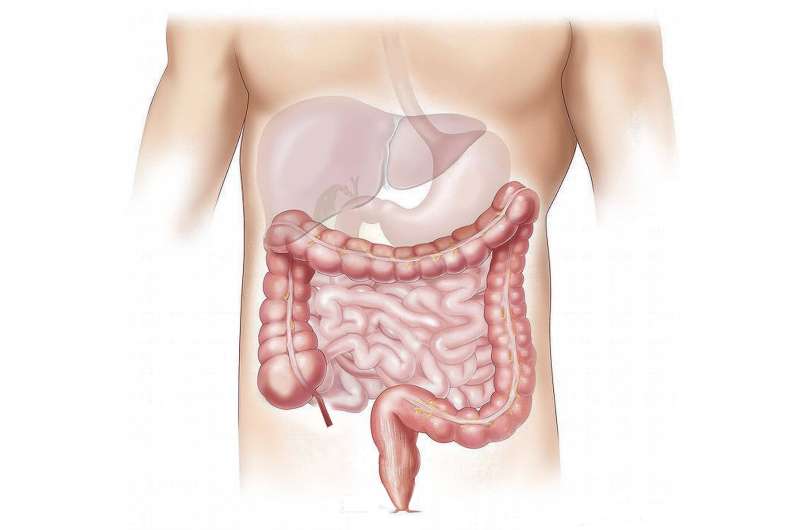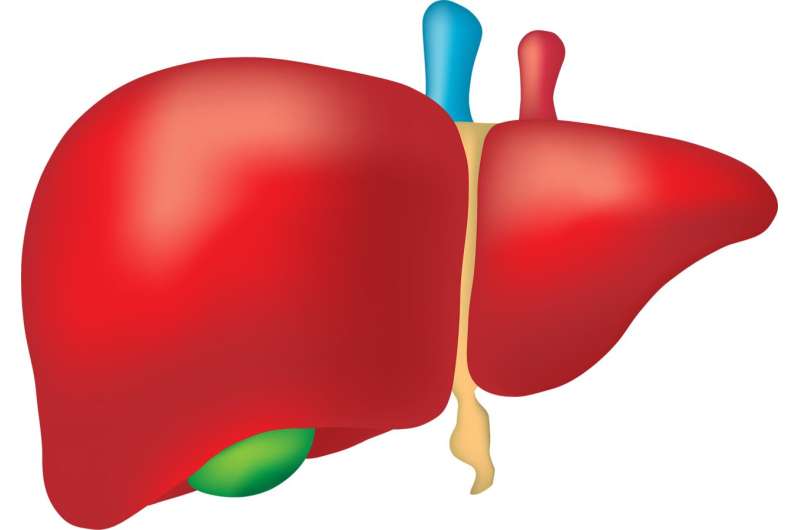Innovative Therapy Targets Radiation Resistance in Pediatric Brain Tumors

Researchers have identified a new approach to combat radiation resistance in childhood brain tumors, opening doors for more effective and less aggressive treatments for young patients.
A groundbreaking study conducted by researchers at The Hospital for Sick Children (SickKids) in collaboration with the University of Toronto's Temerty Faculty of Medicine has shed light on why some high-risk childhood brain tumors are resistant to radiation therapy. The research identified a promising new strategy to enhance treatment effectiveness and potentially improve survival rates for young patients.
Published in Cell Reports Medicine, the study focuses on medulloblastoma, the most prevalent malignant brain tumor in children. Despite radiation's longstanding role in treatment since the 1950s, its efficacy diminishes upon tumor recurrence, especially for tumors with specific genetic mutations such as in the TP53 gene within the SHH subgroup.
To understand tumor resistance, the team employed CRISPR-Cas9 gene editing technology, in partnership with expert Stephane Angers, to systematically delete genes and observe their roles in radiation resistance. Their findings revealed that loss of the TP53 gene significantly contributed to the tumor's ability to withstand radiation damage, aligning with clinical observations.
Further exploration uncovered three genes involved in DNA repair pathways that, when targeted, could make resistant tumor cells more sensitive to radiation. Notably, treatment with peposertib—a drug currently in clinical trials for adult cancers—was shown to restore radiation sensitivity in both laboratory-grown tumor cells and animal models.
The implications of these findings are substantial. By combining peposertib with radiation, it may be possible to lower radiation doses, reducing side effects and long-term consequences for pediatric patients. Considering that current survival rates hover around 50-60%, and that survivors often face severe long-term effects like stroke and hearing loss, this new approach offers hope for more effective and less harmful therapies.
Experts emphasize the importance of interdisciplinary collaboration, highlighting how partnerships between clinicians and basic scientists can lead to innovative solutions for complex health challenges. This research signals a step forward in personalizing treatment strategies and improving outcomes in childhood brain cancer cases.
Stay Updated with Mia's Feed
Get the latest health & wellness insights delivered straight to your inbox.
Related Articles
Study Identifies Common Long COVID Symptoms in Young Children
A new study reveals key long COVID symptoms in young children, including sleep issues, fussiness, poor appetite, and cough, highlighting the need for tailored care strategies for this age group.
Advanced Genomics Enhances Detection of Difficult-to-Identify Diarrheal Infections
A comprehensive study from the University of Liverpool uses cutting-edge genomics techniques to improve detection and understanding of challenging diarrheal infections, promising better diagnostics and targeted treatments.
Addressing the Gap: Accessibility Features for ALS Patients and Their Caregivers in Everyday Technology
A recent study reveals a significant gap in awareness and use of accessibility features in digital devices among ALS patients and caregivers, highlighting opportunities for enhanced support and education to improve quality of life.
Discovery of a Key Gene That Influences Liver's Energy Storage Strategy
A groundbreaking study uncovers how the PPP1R3B gene acts as a metabolic switch in the liver, influencing whether energy is stored as sugar or fat—a discovery with potential implications for managing metabolic diseases like diabetes and fatty liver.



